Rival messaging apps see download spike after WeChat ban
Sensor Tower data reveals leap in downloads for Signal and QQ after Trump signed executive order against WeChat
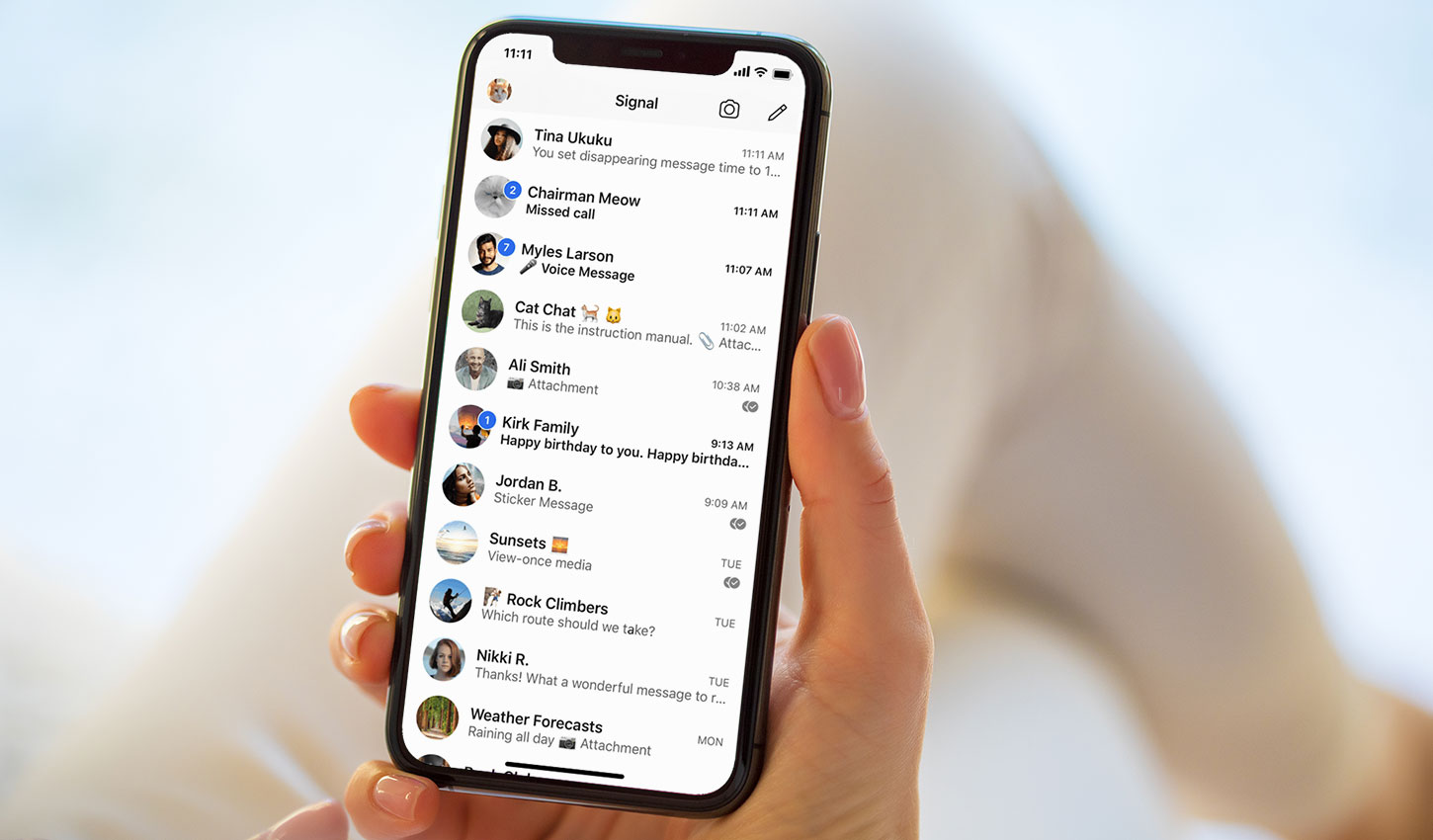

The looming ban of WeChat in the US has led downloads of the messaging app to leap, according to data from Sensor Tower.
President Donald Trump last week signed an executive order banning TikTok and WeChat from doing business in the US, citing national security concerns. The move comes amid an ongoing trade war with China, where the owners of both apps are based.
TikTok is owned by ByteDance, but is widely expected to sell the video sharing app to Microsoft before the ban comes into force in mid-September, while WeChat is owned by Chinese tech giant Tencent.
According to figures from app tracker Sensor Tower, the number of downloads of WeChat in the US climbed by 41%. Rival messaging app Signal saw its downloads climb by 30% to 10,800 a day in the US and 90% in China, the company said in a blog post.
Signal is not particularly well used in China, with only 76,000 installs in the first half of the year, the analyst firm said.
"Not only are alternatives like WhatsApp and Telegram officially blocked in China, but Signal has an inherent advantage in that it’s well known for being strongly encrypted,” Stephanie Chan, Mobile Insights Strategist at Sensor Tower told Reuters.
That privacy protection could be behind the spike in downloads, as Chinese people with family in the US or vice versa seek a messaging app that isn't being threatened with a ban.
Get the ITPro daily newsletter
Sign up today and you will receive a free copy of our Future Focus 2025 report - the leading guidance on AI, cybersecurity and other IT challenges as per 700+ senior executives
Another Tencent app, QQ, that is not normally widely used in the US also saw a climb in downloads, growing from 5,000 to 15,500 a day, but the spike has largely flattened since, the analyst firm said. "[It’s] also developed by Tencent and, depending on how or if the US government's directive is carried out, could potentially be affected in the future along with other businesses and apps in Tencent’s portfolio," Chan wrote in the blog post. "This uncertainty around its future may be the reason why its daily installs have since returned to near their levels prior to the order’s announcement, after an initial spike in downloads."
Freelance journalist Nicole Kobie first started writing for ITPro in 2007, with bylines in New Scientist, Wired, PC Pro and many more.
Nicole the author of a book about the history of technology, The Long History of the Future.
-
 Bigger salaries, more burnout: Is the CISO role in crisis?
Bigger salaries, more burnout: Is the CISO role in crisis?In-depth CISOs are more stressed than ever before – but why is this and what can be done?
By Kate O'Flaherty Published
-
 Cheap cyber crime kits can be bought on the dark web for less than $25
Cheap cyber crime kits can be bought on the dark web for less than $25News Research from NordVPN shows phishing kits are now widely available on the dark web and via messaging apps like Telegram, and are often selling for less than $25.
By Emma Woollacott Published
-
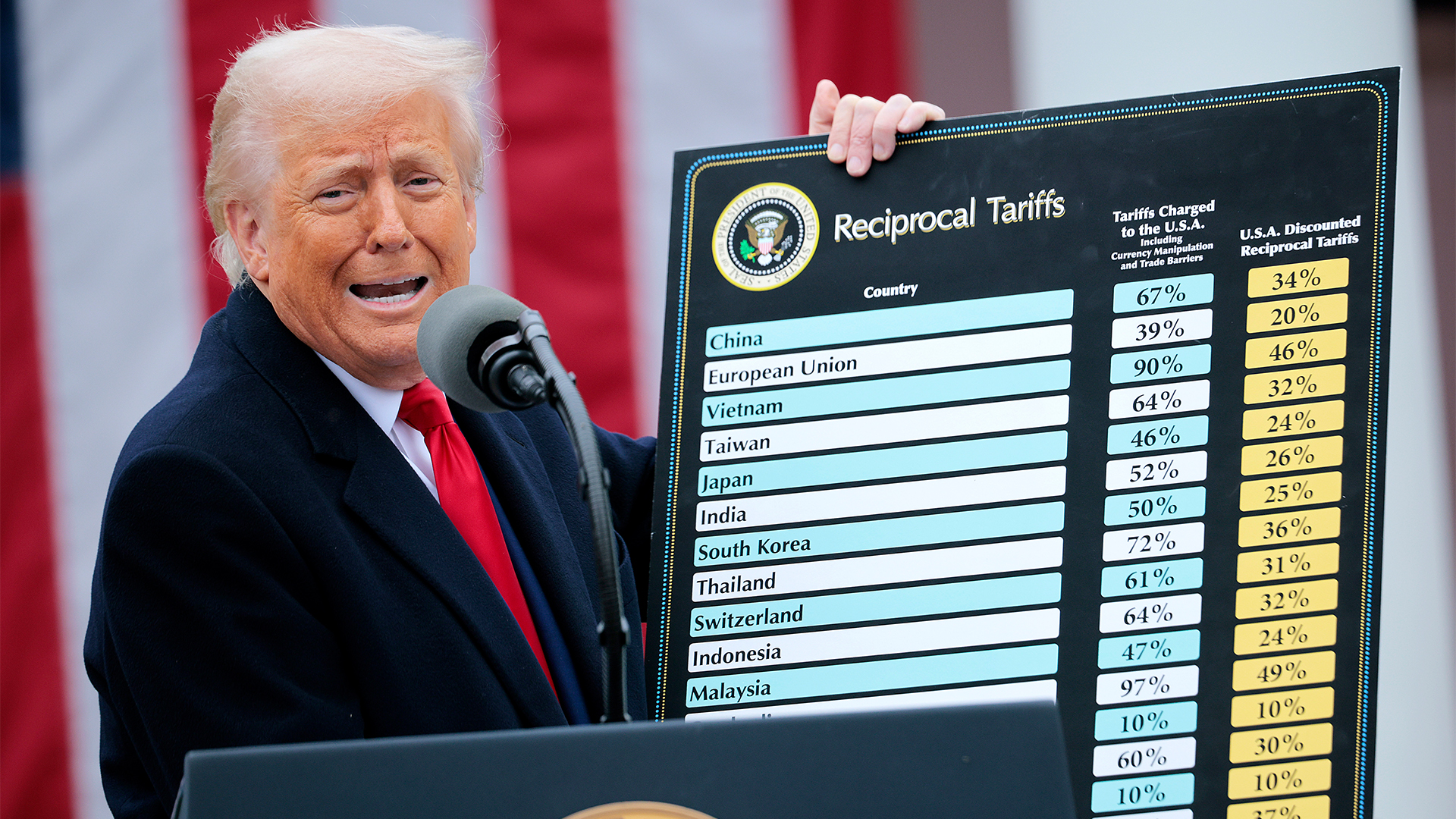 IDC warns US tariffs will impact tech sector spending
IDC warns US tariffs will impact tech sector spendingNews IDC has warned that the US government's sweeping tariffs could cut global IT spending in half over the next six months.
By Bobby Hellard Published
-
 US government urged to overhaul outdated technology
US government urged to overhaul outdated technologyNews A review from the US Government Accountability Office (GAO) has found legacy technology and outdated IT systems are negatively impacting efficiency.
By George Fitzmaurice Published
-
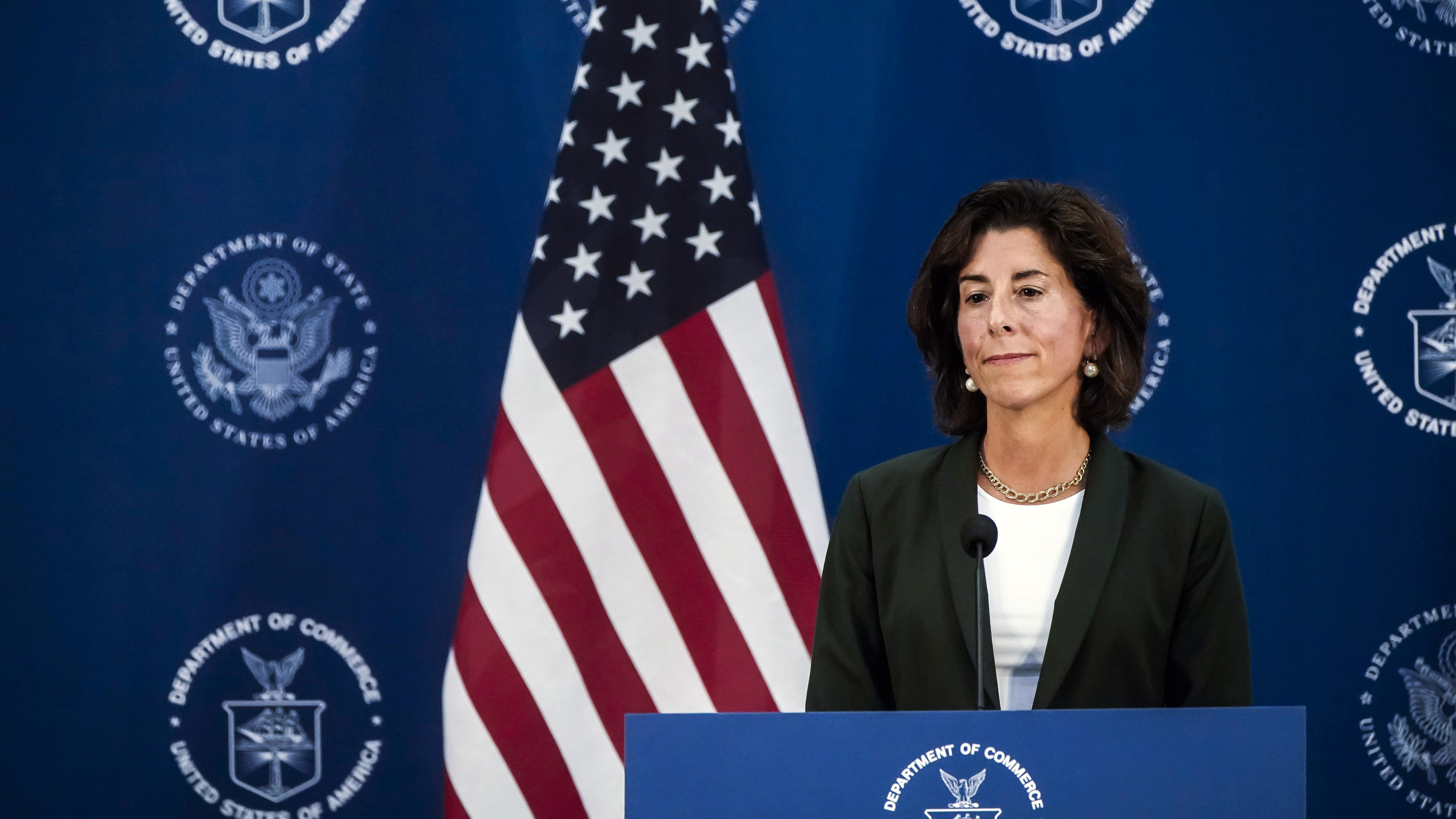 US proposes new ‘know-your-customer’ restrictions on cloud providers
US proposes new ‘know-your-customer’ restrictions on cloud providersNews The US aims to stifle Chinese AI competition with new restrictions on cloud providers to verify foreign data center users
By Solomon Klappholz Published
-
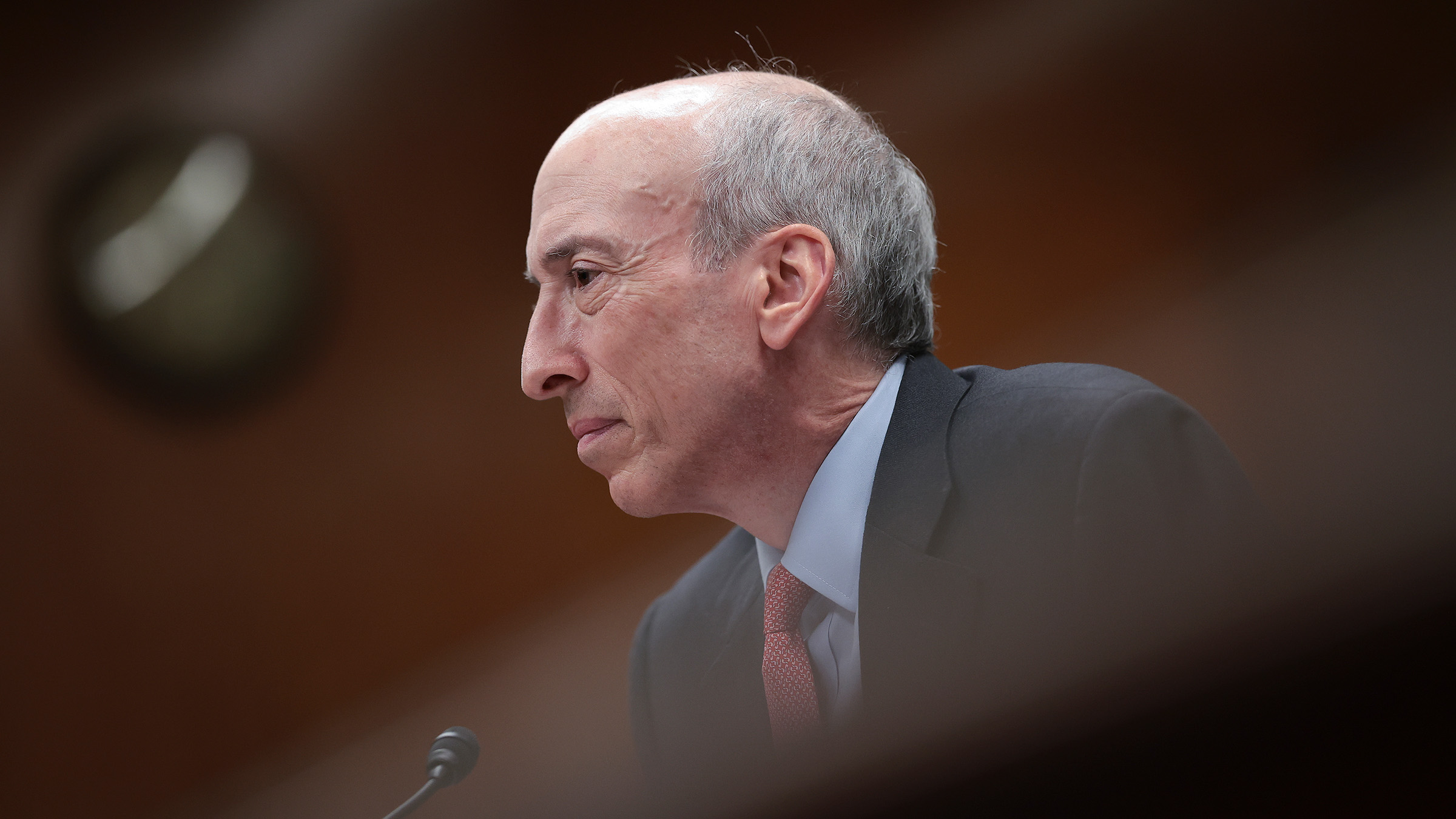 SEC passes rules compelling US public companies to report data breaches within four days
SEC passes rules compelling US public companies to report data breaches within four daysNews Foreign entities trading publicly in the US will also be held to comparative standards
By Rory Bathgate Published
-
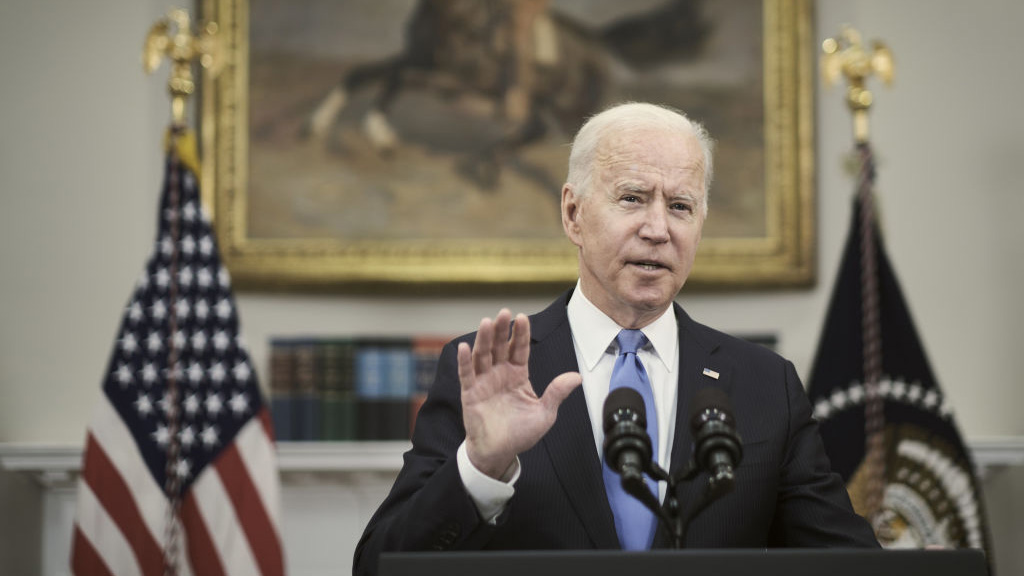 US says National Cybersecurity Strategy will focus on market resilience and private partnerships
US says National Cybersecurity Strategy will focus on market resilience and private partnershipsNews The recently announced implementation plans alow for more aggressive action against ransomware gangs
By Rory Bathgate Published
-
 US ‘Tech Hubs’ drive aims to boost innovation in American heartlands
US ‘Tech Hubs’ drive aims to boost innovation in American heartlandsNews The development of the hubs will could help drive regional innovation and support for tech companies
By Ross Kelly Published
-
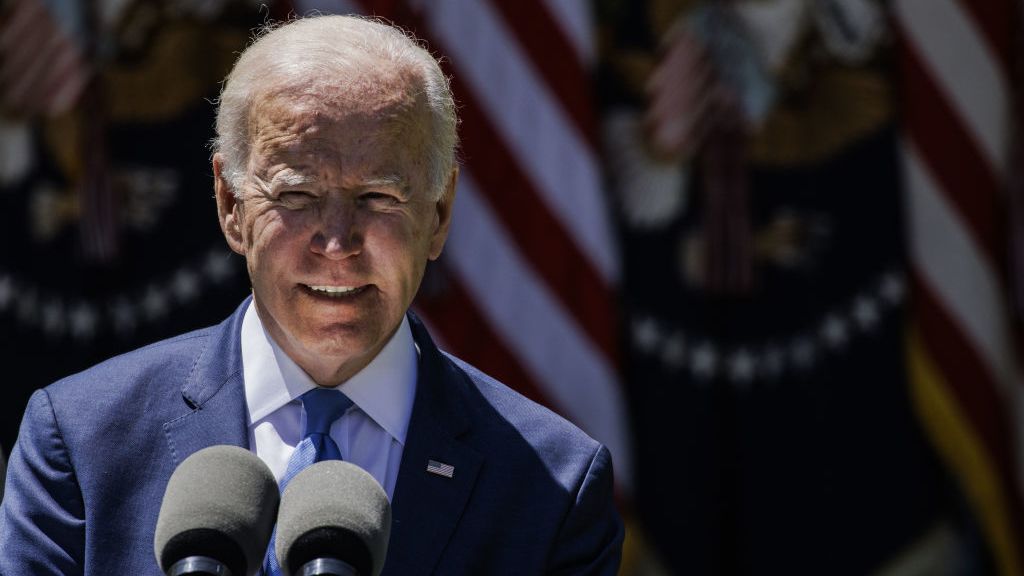 Biden sets June deadline for $42 billion broadband funding outline
Biden sets June deadline for $42 billion broadband funding outlineNews The announced deadline come prior to a much-awaited update to the FCC's US broadband map, giving a clearer image of the internet challenges facing the nation
By Rory Bathgate Published
-
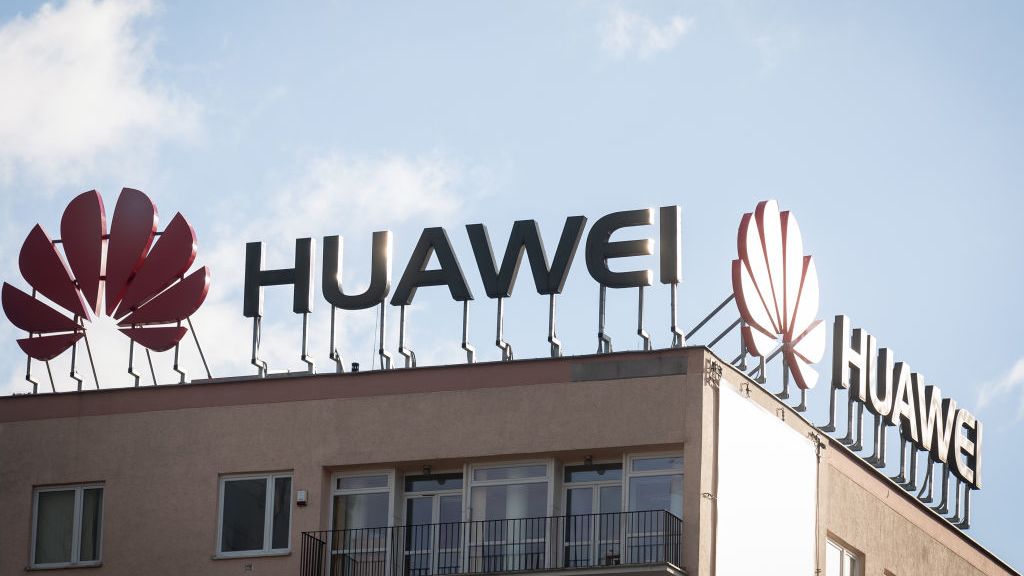 FCC eyes formal ban of all Huawei, ZTE equipment sales
FCC eyes formal ban of all Huawei, ZTE equipment salesNews Approaching the deadline to pass such a ruling, companies such as Kaspersky face similar restrictions
By Rory Bathgate Published